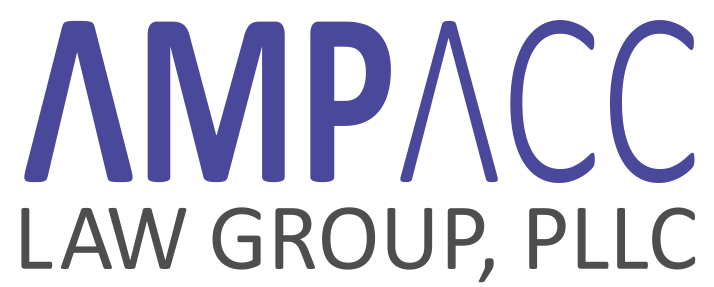Ready to take your invention to market? You may need to explore paths to commercialization.
There are two common paths: one is to license the innovation to an established company and the other is to sell your product or service directly to the market. A company must be formed regardless of which path you choose. Here are some reasons you might select one over the other and the implications of each.
Licensing
A license grants permission to use an intellectual property right. You may consider licensing your innovation to a company that sees the value of your innovation and wants to leverage it in its own business. By doing so, your business still owns the innovation while the licensee has your permission to use it and make or sell products based on it.
At a high level, you may choose the licensing path for two primary reasons.
First, licensing may be more practical when your business does not have enough resources or expertise to manufacture and market products. Licensing does not require a large investment from you—the licensee company will use their expertise and presence to take your innovation to market. A company will likely be interested in licensing your innovation if it provides an additional feature to an existing product and adds value to it, or if it helps accelerate the company’s research and development efforts and solves a critical problem. By licensing your innovation, the licensee can leverage its existing manufacturing capability and market knowledge to bring your innovation to market more quickly. The licensee may also invest in your research to get it closer to commercialization.
Second, you may consider licensing if the innovation is unlikely to be competitive as a standalone business. For example, your innovation is a simple feature or a narrow application that may not be substantial enough to stand alone as a business, but other manufacturers may find that your innovation fills a gap or expands their current offerings.
The commitment needed from you is high at the beginning—you need to research who in the market would be interested in licensing your innovation. You should demonstrate compelling value to the potential licensee (e.g., show that your innovation will help them generate more revenue, attract customers, and solve problems). You also need to estimate how far along you should be in the commercialization process in order to gain traction with potential licensors.
After such an initial stage, however, your commitment slows down relatively quickly. Your business will negotiate a license addressing each party’s goals, and then the licensee will take it over. The licensee may also fund some of your research, modify the contract with your business, or provide some guidance on an ongoing basis. Once the licensee takes over, your degree of control becomes low—the licensee will determine what to do with your innovation as long as it is within the terms of the license that has been negotiated.
Building a Start-up
Alternatively, you can create a start-up company to sell your products or services directly to the market, which requires more time commitment, money, and determination.
There are reasons why starting a new business might end up being the best option for you. First, you may find that there is a large market with a growing opportunity to generate a return on your investment. For example, if after some preliminary market research, you find that people will pay a premium for your product or service, then it may justify the costs associated with creating a start-up company. Second, you might ultimately determine that there are no licensing opportunities available and that building a business is the only option. In summary, those commercialization decisions have legal implications, which will allow lawyers to provide your business with the most effective legal.
For licensing help contact registered patent attorneys.

